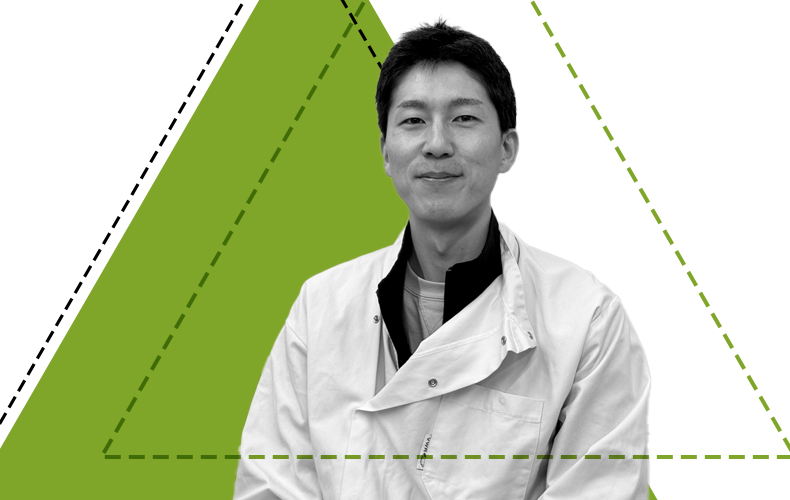14 March 2019 –New lab, new country, new challenges: Recipients of an EMBO Long-Term Fellowship are required to move to a different country for their postdoctoral research. In this series, three EMBO Fellows told Kathy Weston how life in a new place influenced them.
When deciding where to apply for a postdoc, Inês Castro was looking not just for a great lab, but for a PI who would be a good role model for a young female scientist. Two and a half years into her postdoc with EMBO Member Maya Schuldiner at the Weizmann Institute in Rehovot, Israel, she is happy that she found just that: “It sounds corny, but Maya is an amazing mentor,” says Castro. “Right now, she’s helping me think strategically about the next steps I should take – which conferences I need to attend, who I should establish collaborations with. But she also knows that you are a person with a life outside science, and that it’s important to make that work – you just have to look at the Schuldi-Babies section of our lab pages to see that!”
Finding the right lab
Castro, who is Portuguese, moved to the Exeter in the UK to do a PhD, and towards the end of her studentship got interested in how organelles function and communicate with each other. She decided to attend a conference to scope out suitable PIs with whom she might postdoc.
“Maya’s work was super interesting, and someone in her lab told me she was looking for postdocs, so I went to speak to her,” says Castro, “although it wasn’t easy to get up the nerve to approach her, as she was one of the organisers and looked really busy.”
Following a Skype interview and a visit to the Weizmann Institute, Schuldiner not only offered Castro a postdoc, but sent Castro’s partner’s CV to her colleagues, which resulted in him securing a position in a neighbouring lab.
Consider the offer, not the location
Israel wasn’t somewhere Castro or her partner had ever thought of going, but the opportunity was too good to miss. “Science should be one of the areas where we try to put aside politics,” she says. The Weizmann takes good care of its foreign workers, arranging accommodation close to the lab for the first year, and making sure that accompanying partners and children are looked after, too.
Aside from the Mediterranean climate, which Castro relishes after the grey skies of England, and the occasions where she’s had to resort to Google Translate to converse with the locals, one of the biggest changes has been adapting to the Israeli working week: “It takes a lot of time for your brain to shift to the week starting on a Sunday,” she says, “and it takes even more time for your family to realise that if they call you on a Sunday, you’re working!”
“Overwhelmingly positive”
Castro applied for an EMBO Long-Term Fellowship shortly after she arrived in the lab, and was very impressed with the process. “The application form itself isn’t hugely long, which was good, but the main thing was that the Fellowship office is very nice,” she says. “It’s very easy to talk to them, and if you have a problem they answer very quickly.” She also liked the rolling deadline as “you can schedule writing the application to fit your timing.”
All in all, moving country has been an overwhelmingly positive experience, says Castro, not just scientifically, but also personally. “It’s not easy, especially in the beginning, but what I’ve taken from it has really compensated that. Moving abroad means you can’t go home for the weekend and get a hug from your Mum if something’s not right – you have to find a way to fix it for yourself. It’s made me much more of a grown-up!”



